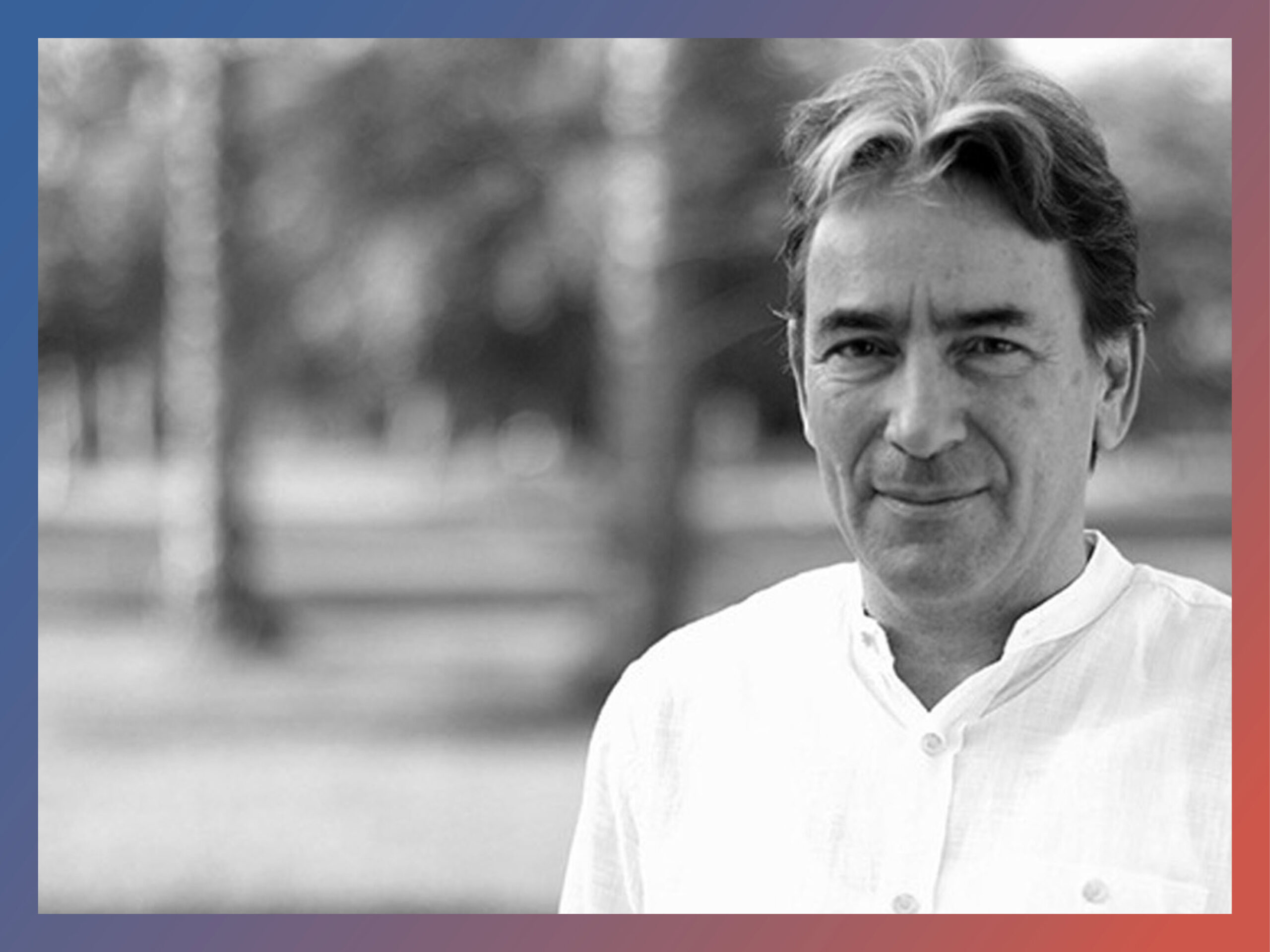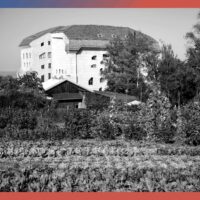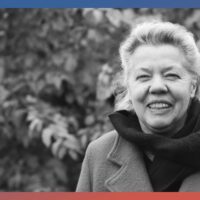Sekem is one of the most successful ventures to emerge from anthroposophy and develop an identity of its own. In so doing, it is now becoming an inspiration for anthroposophical cultural work worldwide. What is the significance of anthroposophy for Sekem today? Wolfgang Held spoke with Helmy Abouleish, CEO of Sekem, on this question.
Held: How is Sekem doing?
Abouleish: Given the difficult time we are all living in, we are doing very well. We are in a stream of development that I, that we here, observe every day with gratitude.
You will give a presentation on economic life at the Goetheanum World Conference. Climate crisis and species decline—don’t these ecological challenges call, above all, for a change in our economy and our way of doing business?
I think it’s worth going back one step further: it is about a new consciousness—a change in consciousness—which must prevail in economic life as a new way of doing things. As long as our habitual way of thinking, our Intellectual Soul as it is expressed in capitalism, in the economic system, has the upper hand, we have to be very, very, very smart to find solutions that allow us to deal with resources sustainably, even in an Intellectual Soul culture. When we go back to the source, the origin of our action and understanding, we encounter our consciousness and the development of consciousness, which is the core of our human development. In the environment we inhabit at present and with the way our consciousness manifests today, an exploitative, capitalist economic worldview naturally prevails, which has bestowed on us everything that we know today in terms of convenience but also in terms of threats to our lives.
So your key is an economy of solidarity, an “economy of love”?
Yes, of course. This is a good example of how you can, and must, look at this from different levels of consciousness. From a Consciousness Soul mindset—that is, a holistic thinking that is aware of itself—you would certainly understand that an economy based on love must be much more efficient, productive, and even profitable than an exploitative capitalist economic system. But for ideological reasons, this will not happen so quickly if the development of consciousness does not keep pace to the same extent. This requires education and time because the old thinking of competition and struggle is deeply embedded in our organism. That is why what we have now developed with Sekem as the economy of love is also an attempt to find a key in the language of today’s market economy that proves that what we are doing is more efficient, profitable and productive than what many so-called capitalist companies are doing. After all, we are showing that biodynamic agriculture can be more affordable than conventional farming if you remunerate the services to the ecosystem and the social services of a farmer. This is now possible because the climate crisis has become so great that carbon certificates suddenly have a significant price. From an economic point of view, it makes a difference whether I put CO2 into the soil through composting or blow it into the air. This allows us to sell biodynamic products at conventional market prices and still have a better income.
Those who are now siphoning off profits do not want to lose their privileges, but transformation also means the transformation of privileges. That is not a matter of love but rather a matter of confrontation—isn’t it?
Those who are successful and profitable at the moment do not want to give up their privileges; this can be understood as the result of a mindset that is only about my benefit and not about the benefit of others, society, or even the whole world. The fact that they don’t just hand the field over to us and say, “Hey, you guys do something better,” is something we experience every day. What we are proposing now is done in a language that also works in this world to show that meaningful, sustainable action is competitive, thus beating the market-based companies and people at their own game. This is doubtless just a transitional stage. Discounting biodynamic products via carbon certificates is not the actual goal. It is also a question of customers buying ecological products out of insight and being prepared to pay a fair price. We are still a long way from that. Over ninety percent of people don’t buy any organic or cooperative products.
You choose anthroposophical terms for this description. To what extent is anthroposophy a tool in this cultural and economic work of yours?
It’s a very crucial one right from the start. Anthroposophy was one of the most important means by which my father, first alone and then with a whole community, tried to better understand and embrace the world—including Islam as the religion that concerns eighty-five percent of our fellow citizens here in our region. Foundational inspirations come out of anthroposophy, and then the threefolding of the social organism is significant, as are integrative medicine and associative economics.
Last autumn, I was in the funerary building commemorating your father, the founder of Sekem. How present is he?
He is always there, always in our consciousness, always close with his motivation, his inspiration, and still very much alive with many people. I think he helps as much as possible and draws what he can from the future. And we also use this opportunity for dialogue with him, precisely in the place where you were—actually every week. At least I do, and many others even more often. He is still very much alive, but of course, he leaves us free, and much of what we do today is out of our own motivation and inspiration. I think this is exactly what he had in mind.
Anthroposophy is becoming international and overcoming its Eurocentric or German-centric character. Is there an African anthroposophy? What will the African inspiration for anthroposophy look like?
When I travel through the world, be it in South America, Asia, or Africa, it is my experience that anthroposophy takes on a different form in each cultural area, in each cultural sphere, and then in turn also works differently back on Europe. I think and hope very much that this will also benefit and inspire the development work in Europe and vice versa. “Sekem” exists because of the anthroposophical network and the inspiration worldwide that we have had over the last 46 years. I think this is in itself mutual reinforcement and mutual support and help, which is necessary for everyone because we can no longer solve any of the world’s problems alone.
Translation Christian von Arnim














Sekem is a beacon both of what is emerging and what can be. It, and the University it birthed, Heliopolis University for Sustainable Development, are now woven within a holistic movement worldwide that encompasses spiritual paths, integrative health, and the system dynamics at the heart of the United Nations principles of sustainable development.
While visiting Egypt in the 198Os, I visited Sekem Farm with a friend working on agricultural projects through the American Embassy and had the pleasure of meeting Dr. Abouleish as well as his son. Throgh their graciousness, we were invited for dinner and a musical interlude before returning to Cairo. I found it an uplifting experience to learn how they were interacting with the local population through farming practices, as well as eurythmy and other arts.
Lois Schroff, artist from Northern Virginia, USA, now retired to Mexico.